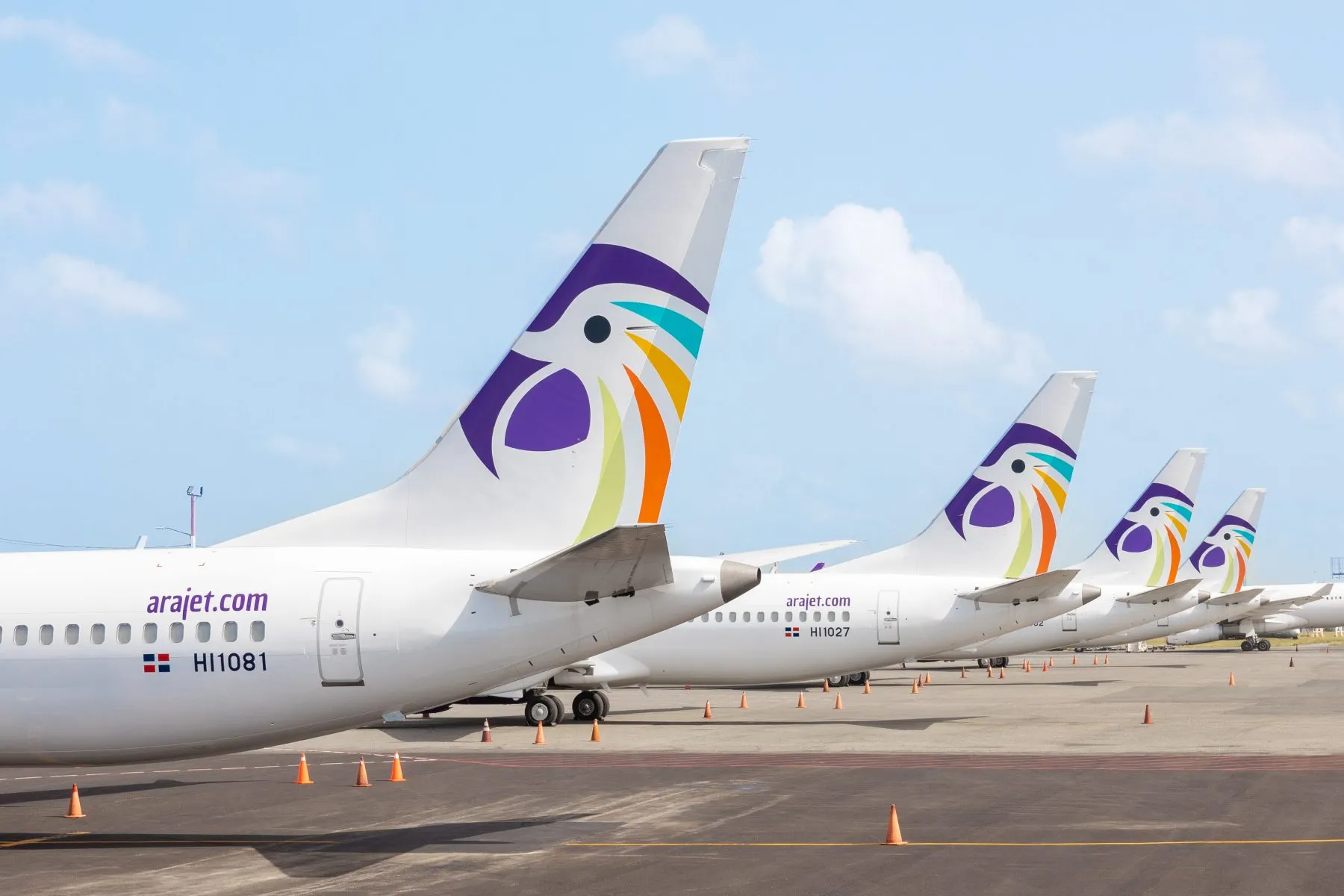Ryanair Thinks Politicians Are Starting to Listen To Brexit Threat
Skift Take
Ryanair has issued plenty of warnings about the threat posed by to airlines by Brexit but it now believes politicians are at least starting to take it seriously.
The carrier was one of the most vocal supporters of the “remain” campaign and has not pulled its punches since last June's “leave” vote.
“I do think there possibly hasn’t been as much thought put into what the implications of Brexit are, as [there] should have been. I think the penny's only starting to drop at this stage," said Neil Sorahan, Ryanair’s Chief Financial Officer.
He added: "The clock is also ticking Every day that goes past is another day that we still don’t know where we’re going.”
This isn’t the first time Ryanair has waded into the Brexit debate and it is a company that on plenty of occasions in the past has felt it necessary to speak out. Clearly there is an element of self-preservation in the decision to highlight its concerns but Ryanair would not be alone in suffering should a deal between the EU and the UK fail to materialize in time for the country’s exit in March 2019.
There has been talk among some politicians that the UK could fall back on World Trade Organization rules if the two sides do not agree. However, this would not cover the airline sector.
Although Ryanair is not based in the UK, it is one of the country’s biggest airlines alongside EasyJet and British Airways, both of which also face a period of disruption.
Airlines start planning their routes well in advance and with elections in Germany and France this year, serious talks between the UK and the rest of Europe are likely to be on hold until the start of 2018, meaning that forecasting will be even harder.
“There’s a distinct possibility that if a bilateral [agreement] is not in place and not ratified there could be a period of time – whether its days, weeks or months --- there could be a period of time where flights cannot get in or out of the UK to Europe and vice versa,”
KEEPING CONNECTED
Recent statistics released by Airports Council International (ACI) Europe, show just how connected the UK is with the rest of the EU.
According to the research, just over half (53.5 percent) of passengers handled by UK airports are flying to/from the EU27. On the flipside, 11.5 percent of passengers handled by EU27 airports are flying to/from the UK.
Olivier Jankovec, Director General of ACI Europe said: “The ‘sequencing’ of the Brexit negotiations means talks will initially focus on agreeing exit terms for the UK, before they eventually come to define the new relationship between the UK and the EU27 as of 2019.
“This implies that the aviation industry will be left in the dark for many more months to come about what will happen. Unless quickly resolved, this uncertainty will end up constraining route network development for airports, ultimately affecting air connectivity for their communities. This is due to the fact that airline route planning requires both long lead times and legal certainty.”




